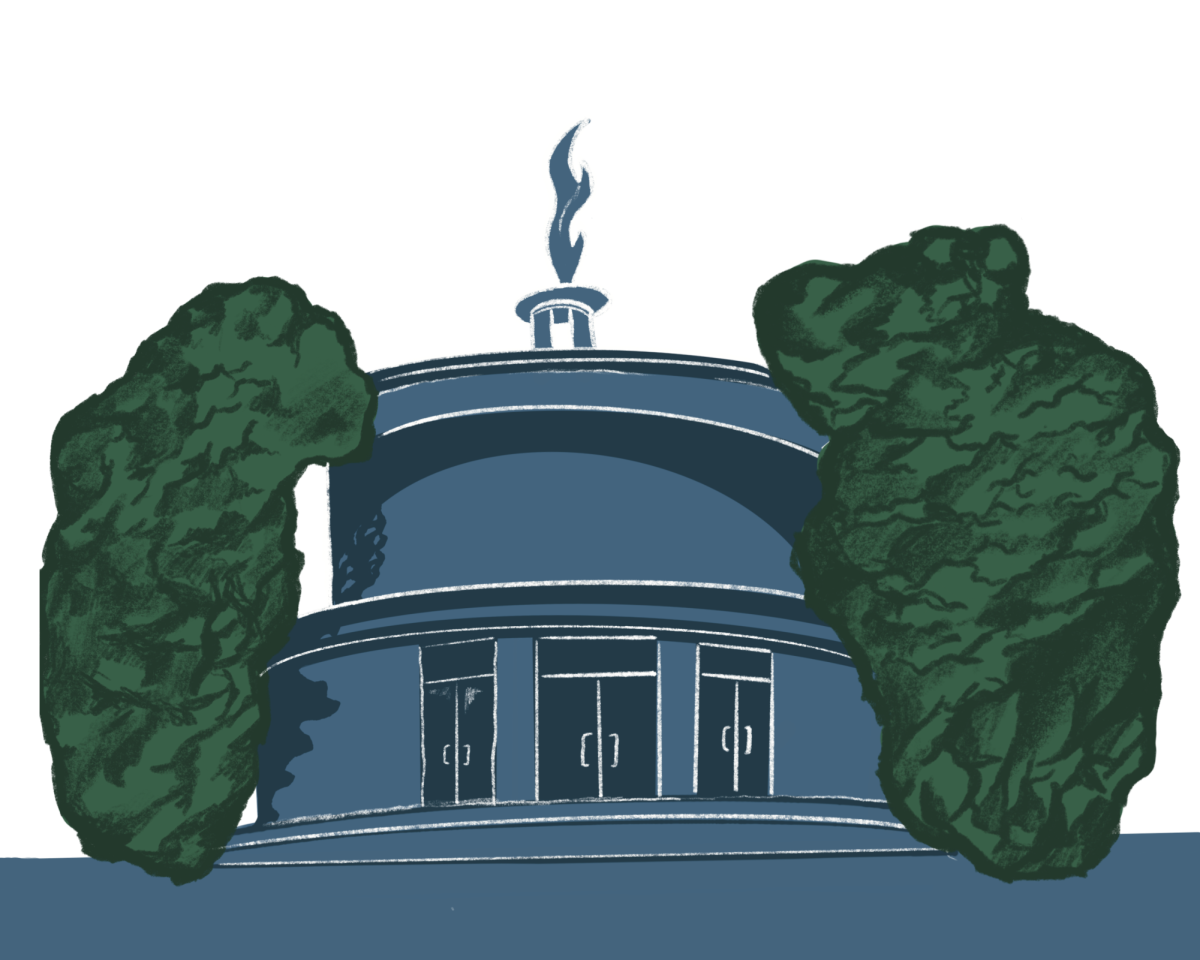AWOL Newswire Spring 2015
April 23, 2016
Is Your Head Exploding?
There’s yet another reason why college students need to get more sleep. It’s called Exploding Head Syndrome.
The name of this disorder is not literal. (Unfortunately.) It refers to the symptoms that people with this illness experience. They hear booming sounds, waking them from their sleep.
These “explosions” are harmless. However, in some cases, these interferences cause significant distress for patients.
According to new findings in the Journal of Sleep Research, Exploding Head Syndrome may affect more young adults than experts previously thought.
Clinical psychologist Brian Sharpless is the author of this new research. He refers to the noises patients hear as “a hiccup of the brain.” You are more likely to experience these “hiccups” if you are sleep deprived. People with sleep paralysis are also more likely to have Exploding Head Syndrome.
“My gut would tell me that things like anxiety and insomnia, and a general preoccupation with bodily symptoms and fear of them, would make people more likely to have Exploding Head,” Sharpless told a reporter from The Atlantic.
The new study involved clinician interviews with 211 participants, all of whom were undergraduates. Among these participants, 13 percent experienced symptoms of Exploding Head Syndrome. However, 2.8 percent said the symptoms significantly disrupted their lives.
Even with these new findings, knowledge about Exploding Head Syndrome is low. Across the Internet, many people attribute their symptoms to unusual sources. For instance, some believe the government causes the noises to torture them with sleep deprivation.
Maybe as Exploding Head Syndrome gains more attention, people will not need to look for outlandish reasons for their medical problems. – Alexa Marie Kelly
HIV epidemic sweeps Indiana
A generational drug problem, high unemployment and rural ennui have combined to form a dangerous HIV epidemic in Indiana, prompting the state to declare a public health emergency in recent weeks. The Los Angeles Times reports that health officials in the state confirmed 81 HIV positive tests in Indiana’s Scott County this year, mostly in the past few weeks, with 74 coming from one small town: Austin, Indiana. And numbers are rising.
According to the town’s only physician, Dr. William Cooke, an outbreak was inevitable given Austin’s widespread intravenous abuse of the opiate prescription painkiller Opana. Since Austin is a small town of 4,200 residents with a heavy drug abuse problem, the 80 percent transmission rate—where eight in ten of those who admit to sharing needles have tested positive for HIV—poses a large risk.
Certain impoverished and run-down neighborhoods in Austin witness the highest rates of drug abuse, and in those pockets of town, used IV needles litter the ground. Parents had to scour a park where a recent Easter egg hunt was held to ensure that curious kids wouldn’t stumble across the potentially infectious dirty needles.
In response to the state’s worst HIV outbreak in history, the conservative Gov. Mike Pence has implemented a 30-day needle-exchange program. Dr. Cooke also installed a new clinic staffed with infectious disease specialists in his practice to help combat the outbreak and facilitate the needle exchange. These short-term measures may stem the epidemic, but The New York Times reports that Austin’s Chief of Police Donald Spicer worries that after the 30-day health emergency is over, the state will “leave us high and dry.” For now though, Cooke’s clinic is a haven for the addicted, uninsured and uncertain. -Pamela Huber


